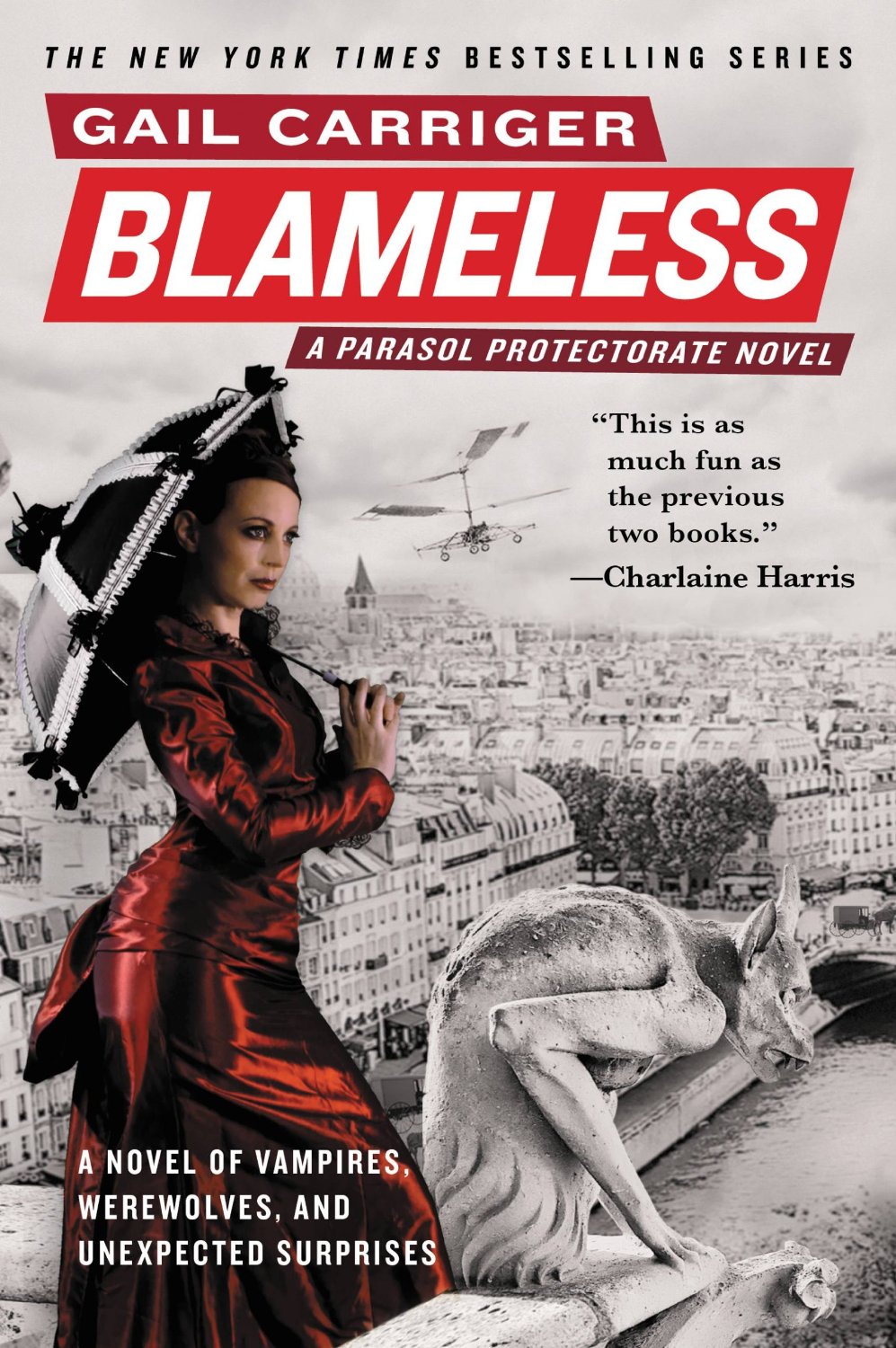The Guns of Empire by Django Wexler
Posted by Anonymous
Reviewed by: Becky Brendel
What I Read: The Guns of Empire by Django Wexler
Find It @YCLD: Here!
What It's About: This book is volume 4 in a projected 5-volume military fantasy series set in a world similar to Europe in the Napoleonic era. In previous books, the more "fantastic" elements of the story (mostly people who have gained powers by speaking the names of various demons) have balanced themselves with the reality of life on the march in a large army. This volume ratchets up the magical action, however, as tactical genius Janus bet Vhalnich sends his army to defeat the "Priests of the Black" he believes have been threatening the world from the shadows. But their country is not so easily taken, and even within Janus's army, not everyone is sure he's trustworthy - not even his own Queen.
What I Thought: In previous volumes of this series, I'd figured out fairly quickly that Wexler was retelling French history in a fantasy world: previous plot points include a brilliant general, a domestic Reign of Terror, and an immensely successful campaign against a desert country. The previous volume had also ended with Janus assuming more power than any general had in his nation's history. I thought, therefore, that I knew where this story was going.
But if a story draws its cues from actual history, it's easy to surprise the audience by diverging from that history. That's exactly what happens here. And it's excellent.
With The Guns of Empire, Wexler takes his story completely on its own path, making clever use of the magical elements that separate his world from ours. He's already toyed with history in various ways - his Queen character is unlike anyone in the French aristocracy, and not just because she happens to be immortal - but here he both nods to historical fact (do not invade Russia in the winter, for example) and points out all the ways magic subverts it (if they have demons on their side, it does not matter what time of year you invade Russia). Wexler using my expectations against me made reading this book a delight.
He also ties up most of the subplots he's included in previous books so that the final volume can focus on the main conflict. While this does make this book serve as setup for the finale, it's also very satisfying. Like George R.R. Martin's popular A Song of Ice and Fire, Wexler switches between multiple characters' points of view when telling his story. Each of those characters has their own story and motivations and desires, and in The Guns of Empire, many of those stories are concluded (though not necessarily with death). Having followed these characters through several long volumes, I was happy to see their stories resolved. Wexler is very good at creating flawed people it's still easy to root for, with an emphasis on talented yet complicated female characters.
His best character, however, is absolutely Winter Ihernglass, the young woman who'd disguised herself as a man to join the army and now serves as one of Janus's generals. She's also the closest thing this series has to an actual main character, and so it's fitting that of all the stories in this series, hers is the one most closely tied to the conflict he's set up for Book 5. She also, I was happy to note, gets to start a new romance in this book - normally I don't really care for too much romance, but Winter prefers women. A lesbian whose previous relationship ends badly, and then is allowed the chance to be happy with someone new, is a rare duck indeed in fiction (unfortunately). I am rooting for Winter to save the world, get the girl, and maybe finally let her old flame go. They care for each other, but they just aren't compatible anymore.
If Wexler manages to bend history to his will some more in the meantime, however, I will not say no.
Readalikes: Cold Iron by Stina Leicht, for more "flintlock fantasy"
Or look this book up on NoveList!


